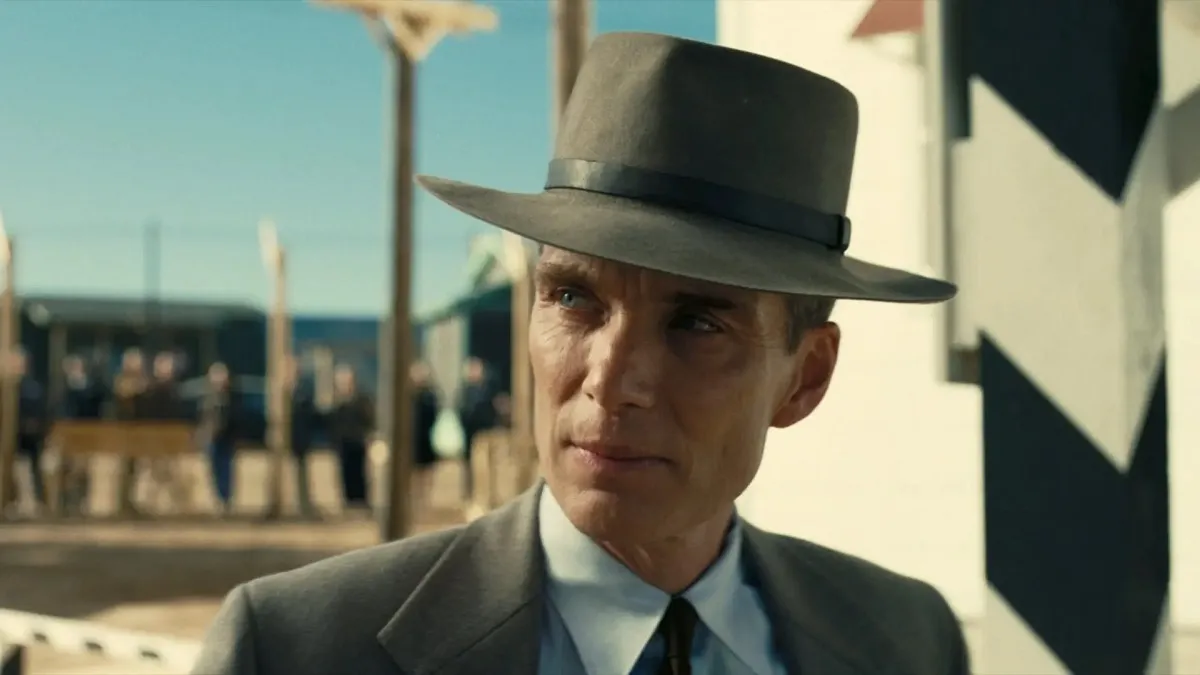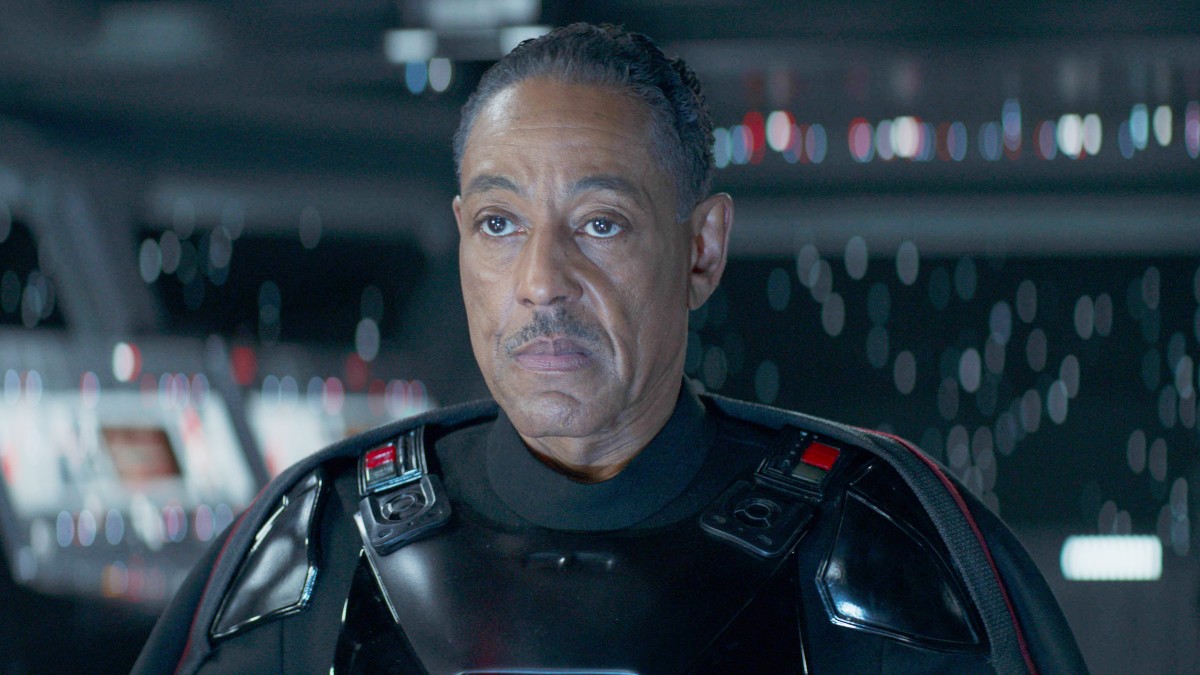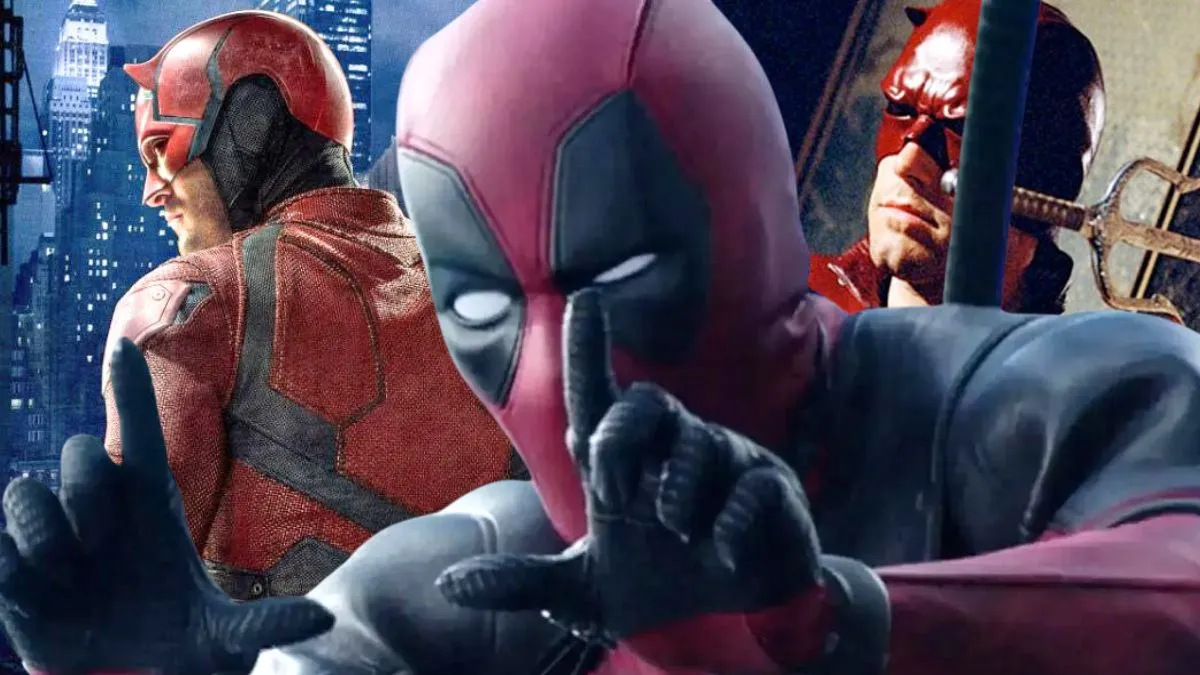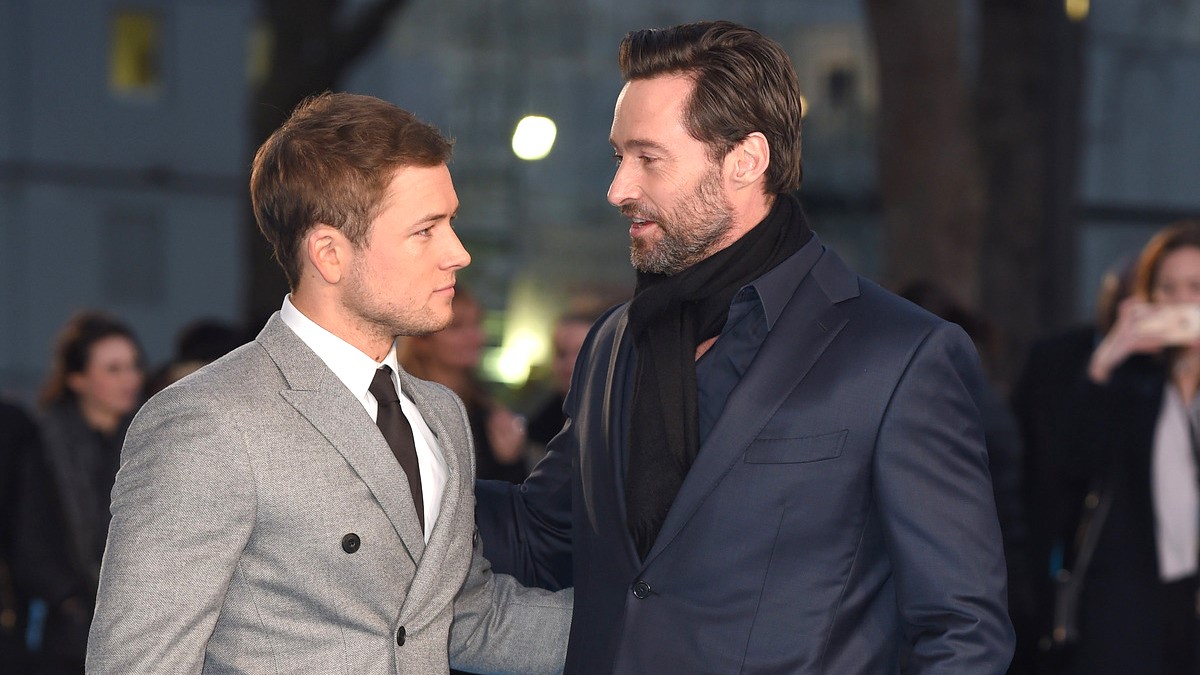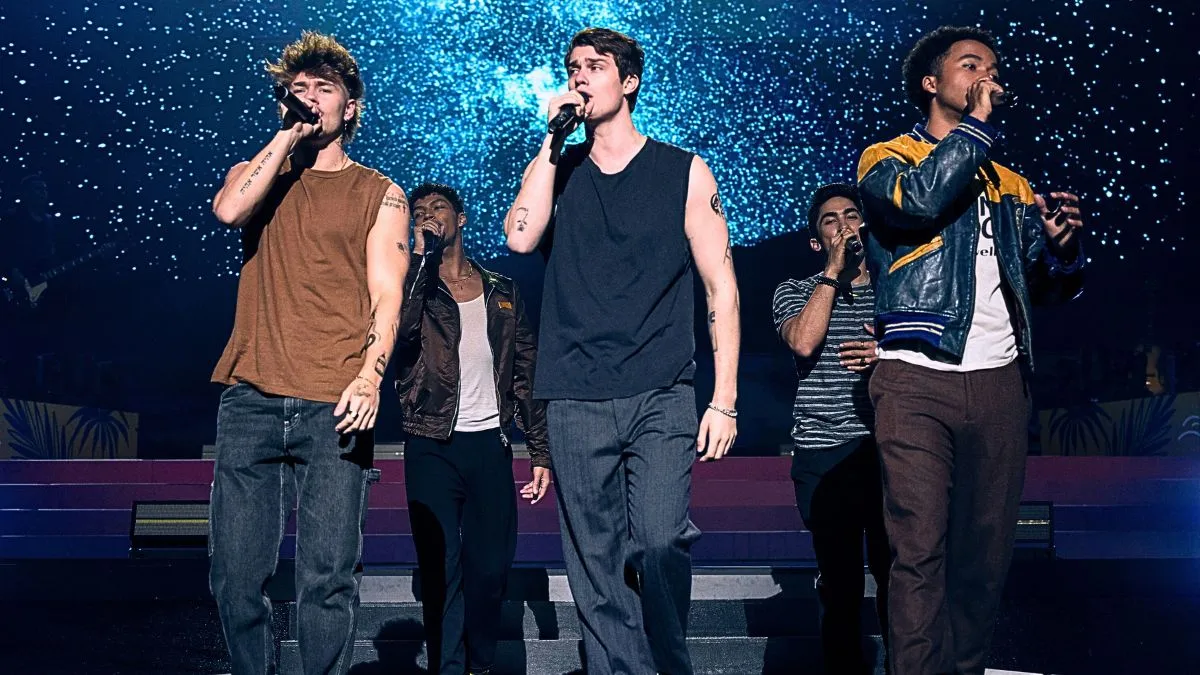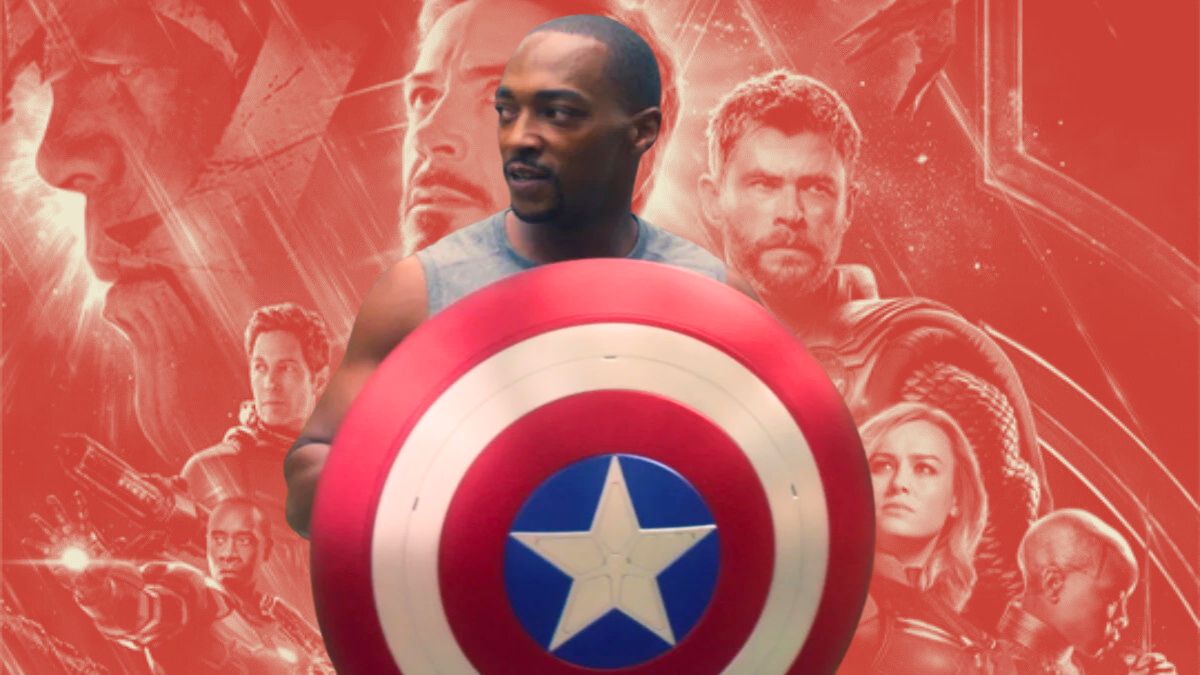Christopher Nolan’s latest epic Oppenheimer has finally arrived, marking what is perhaps the absolute peak of the summer blockbuster season, debuting alongside Barbie, and with Mission Impossible: Dead Reckoning Part One landing a little over a week beforehand.
While the aforementioned flicks are much more straightforward (albeit still very enjoyable) affairs, Oppenheimer is an entirely different beast. Within its three-hour runtime, the narrative doesn’t slow down, the visual and auditory cues continue to roll in thick, fast, and unrelentingly. In short, it’s dense — and if you hadn’t had a coffee before the movie, some plot points can very easily slip through the cracks.
Undoubtedly, as with many of his previous features, repeat viewings of Oppenheimer will likely be the best way to dissect and fully understand and appreciate the story writer/director Nolan is trying to tell. Seeing as you may not have an extra three hours spare for that luxury, we’re going to do our darndest to help you unpack what exactly happened in Oppenheimer’s closing minutes, or at the very least, offer our interpretation of events.
What happened at the end of Oppenheimer?
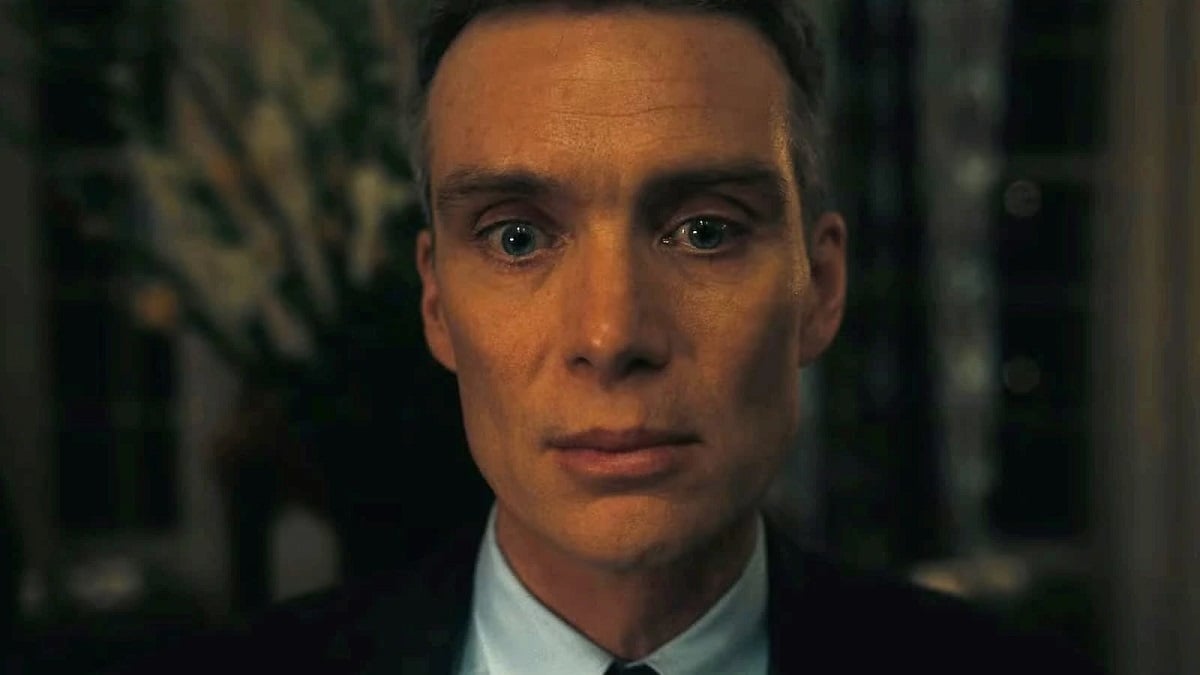
In what is widely considered standard Nolan fare nowadays, Oppenheimer bounces around a fair bit when it comes to the timeline of significant events in the titular physicist’s life, with his ultimately unsuccessful security hearing serving as anchor point for the film. However, Oppenheimer ends relatively close to where it began – with J. Robert Oppenheimer (Cillian Murphy) and Albert Einstein (Tom Conti) having a conversation by a pond. Except this time, we see the chat unfold firsthand, rather than from the distant and silent perspective of Lewis Strauss (Robert Downey Jr.).
A gust of wind swoops Einstein’s hat off his head, and Oppenheimer returns it to him. The pair exchange pleasantries, and Einstein offers his fellow scientist some words of wisdom about how the rest of his life is going to play out, and said musings are rather bleak. Now that the government, scientific community, and the world at large has gotten what it wanted from Oppenheimer, he’ll find that he is going to be reduced to not a whole lot more than a trophy to be paraded around. He’ll win medals, he’ll shake powerful hands, garner praise and acclaim, but they’ll always be self-serving and empty gestures. In short, much like Einstein in the wake of his discoveries, the world will chew Oppenheimer up and spit him out.
Oppenheimer then moves the topic of conversation to a previous encounter the pair had while he was in the early stages of developing the atomic bomb, regarding the possibility of the blast triggering a chain reaction that could ignite the atmosphere, ultimately ending all life on earth. He recalls pondering the destruction of the world at the time, and he reveals to Einstein that he wonders whether or not his invention had destroyed the world regardless.
Oppenheimer stares deeply into the pond, and the film leaves us peering into his mind’s eye – a horrifying and sobering vision of Earth ravaged by nuclear war, dotted all over with points of impact from nuclear blasts that are visible from space. Super light-hearted stuff, sure – but let’s double back just a little, because there’s another perspective to be considered for the conclusion of the film – that of Lewis Strauss.
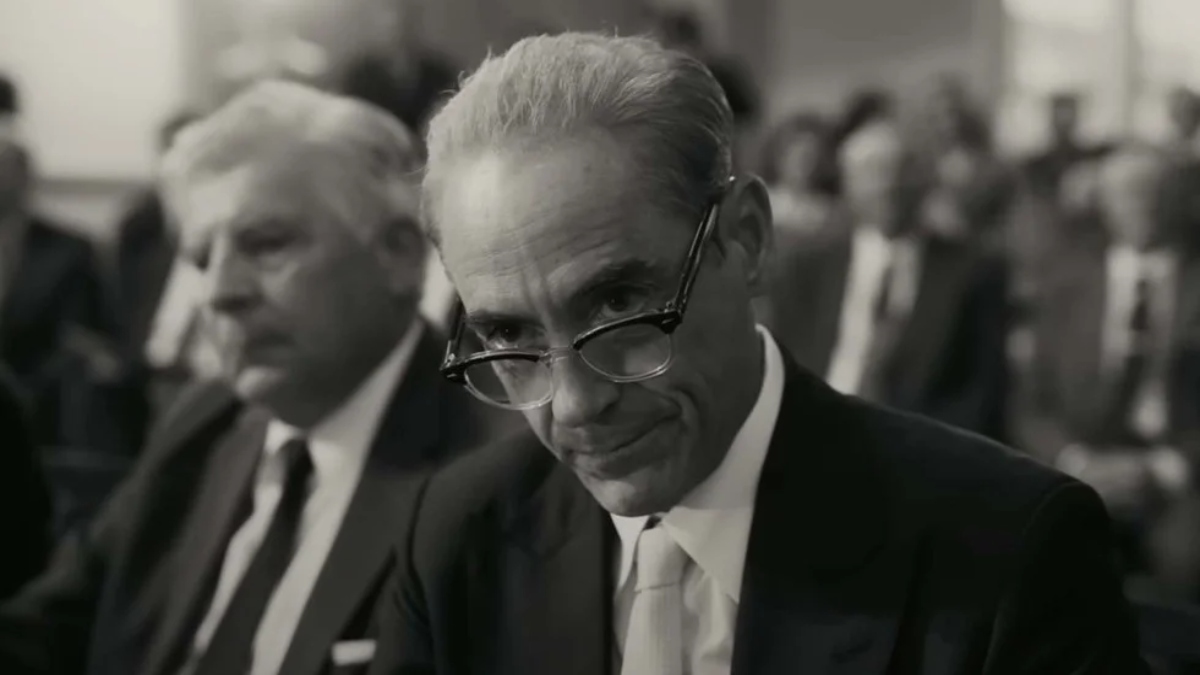
As it is revealed a little earlier on in the back half of the movie, Strauss was a driving force behind Oppenheimer’s character assassination, as well as the revocation of the titular physicist’s Q-clearance, which severed his connection to classified government-sanctioned atomic developments and research.
In between the proceedings regarding his appointment as the U.S. Secretary of Commerce, Strauss goes into great detail about why exactly he had a vendetta against Oppenheimer. While the reasons were numerous, it ultimately boiled down to two very key moments (at least as the film depicts it).
The first was a moment of professional humiliation Oppenheimer inflicted upon him in a public hearing, and the other being his own paranoia regarding the aforementioned conversation between Oppenheimer and Einstein, thinking the former had been badmouthing him to the latter. Of course, as we already know, Einstein was more than likely merely contemplating the weight of Oppenheimer’s words regarding the destruction of the world as he passed Strauss by.
Consequently, Strauss used every speck of dirt he had on Oppenheimer to discredit him. His past ties to communism, alleged (and real) adultery, as well as any remotely questionable conduct during his time heading up the Manhattan project in Los Alamos was put under the microscope, and we know how that turned out.
Of course, what goes around comes around – Strauss’s blind hatred would ultimately be his professional downfall. Circling back to the Secretary of Commerce hearing, Strauss was ultimately turned down for the higher-up government gig after a number of notable scientists and important figures from the film brought Strauss’ involvement in Oppenheimer’s discreditation to the public eye.

